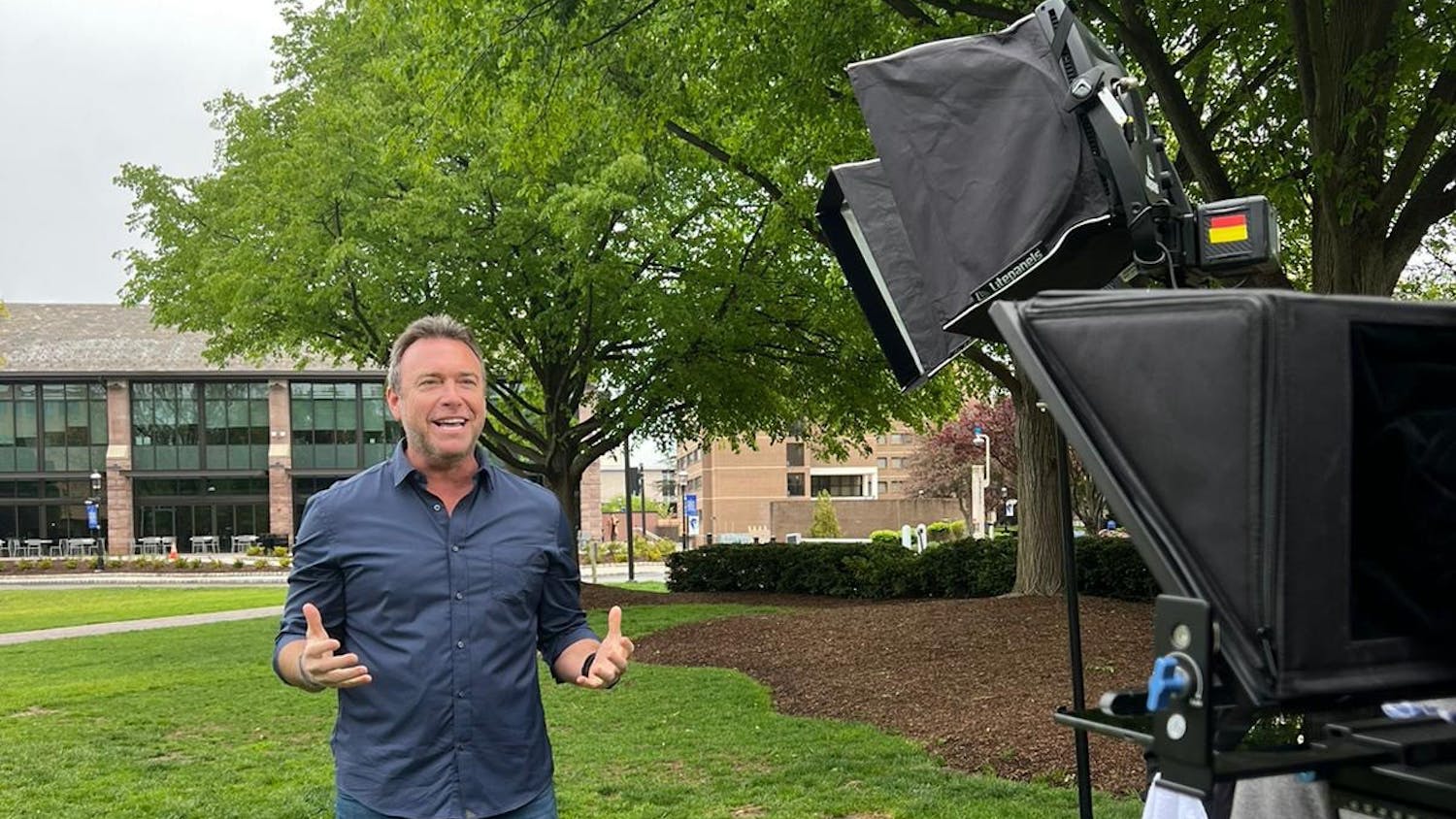Coheed and Cambria have always had an extremely strong and dedicated fanbase and it's easy to understand why - they offer fans a fully immersive experience, which includes highly conceptual albums, correlating graphic novels and often mind-boggling music videos. However, though Coheed and Cambria's music has always told a story (the albums, collectively, are supposed to tell one tale), the band's product has been far from consistent.
After releasing two excellent albums, the band drastically took a turn for the worse in 2005. Ridiculously long song titles, overemphasized vocals with faux-British accents, bombastic solos, never-ending songs and inane, sometimes shockingly misogynistic lyrics plagued their third album, making it all but unlistenable save for a few singles. The band's fifth release, "Year of the Black Rainbow," continues the band's regression, as they slowly dissolve into nothing more than a progressive rock cover-band.
After an ominous opening instrumental, "The Broken" begins the album strongly, as guitars heavily boom and pump out a lot of fuzzy noise. However, Sanchez's vocals are a great disappointment - he blurts out what sounds like "blah" after the song's extremely strong chorus and his snarl towards the song's conclusion sounds closest to a gag-reflex. Following is the speedy guitars on "Guns of Summer," which awkwardly outpaces Sanchez's sluggish vocals. Like the single, "Here We are Juggernaut," "Guns" tries to hide a passionless song with a large chorus and amplified volume, but it fails in its deception.
However, nothing is as embarrassingly awful as "Far." The booming drum beats and cloying vocals wreak of forced emotionalism, which is the problem with a band like Coheed and Cambria; they are wrapped up in the fiction of their story, but seem to lack a strong personal connection to the lyrics. The song sounds like "Wake Up," one of the band's worst songs to date, only with a guitar solo that perfectly captures what an elephant would wail during its slow death. For a band that is trying to revitalize progressive rock, this cheesy attempt at a pop song could not have been more misplaced - nearly right square in the middle of the album, killing any chance of cohesion.
"This Shattered Sympathy" instrumentally redeems the album, as winding electronic guitars sprawl over the track while the drumming treks on with spirited enthusiasm. A similar motif in "World of Lines," though, switches the theme from intensely melodic to irritatingly melodramatic, as Sanchez constantly gasps as if each lyric will be his final epitaph.
Taking the same format as "Far," "Pearl of the Stars" is so bloated and schmaltzy that the idiotic chorus seems perfectly fitting: "When you go, I will know / Follow you to the stars / And when the world burns apart / There will be a place for your car." Fans may justify the cryptic lyrics through the comic book narrative, but if the song cannot stand alone, then what's the point? As a whole, this album is as bleak as its title suggests.
Kevin Stevens can be reached at kevin.stevens@student.shu.edu.





